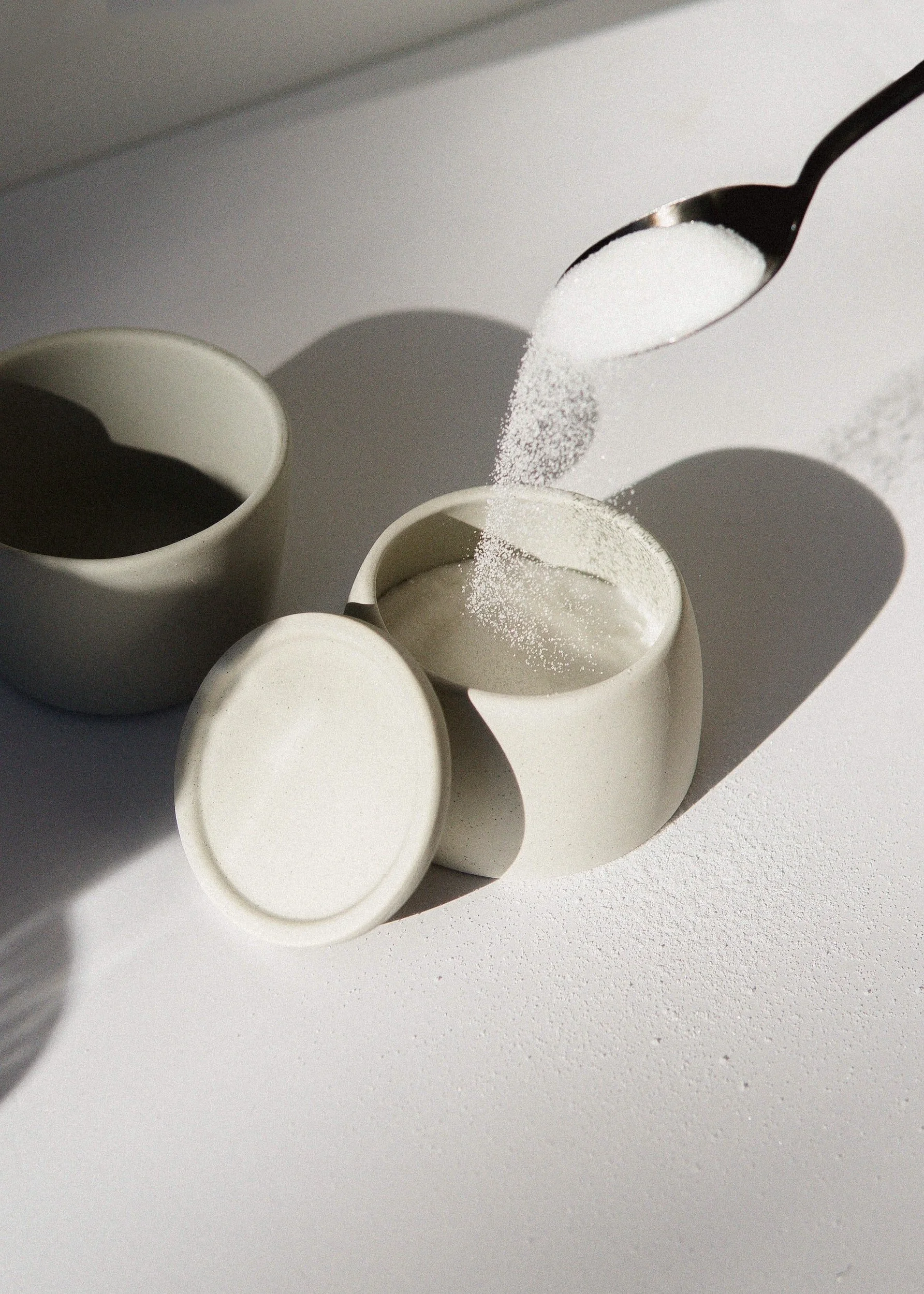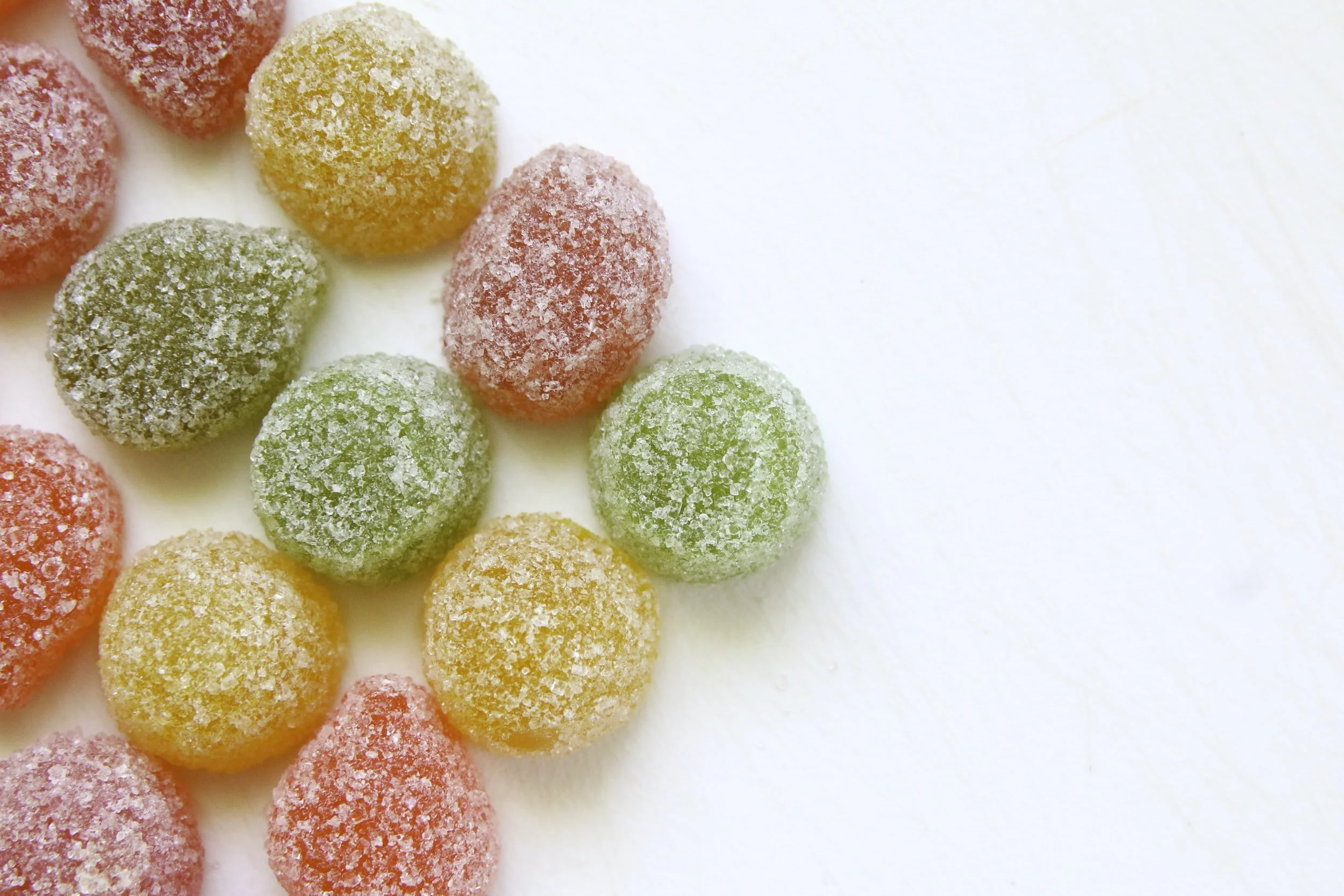The Dark Side of Sweetness: Are Artificial Sweeteners Harmful to Your Health?
We all know the drill - sugar is bad for us. It can lead to weight gain, diabetes, and a whole host of other health problems. So, we turn to artificial sweeteners to satisfy our sweet tooth without the guilt. But, are they really a safe alternative?
Artificial sweeteners, like aspartame, sucralose, and saccharin, have been marketed as a "healthy" option for those who want to avoid the calories and negative effects of sugar. However, recent research has shown that these sweeteners may not be as harmless as we once thought.
One of the biggest concerns is their effect on our gut microbiome. Our gut is home to trillions of bacteria that help us digest food, absorb nutrients, and even regulate our mood. Artificial sweeteners have been shown to alter the balance of these bacteria, leading to a variety of health issues.
For example, a study published in the journal Nature found that mice fed with artificial sweeteners had higher blood sugar levels than those fed with sugar. This suggests that these sweeteners may interfere with our body's ability to regulate glucose, which can lead to insulin resistance and diabetes.
Another study, published in the journal Science, found that artificial sweeteners can cause changes in the gut microbiome that lead to an increased risk of obesity and metabolic disorders.
But that's not all. Artificial sweeteners have also been linked to other health problems, including headaches, dizziness, and even cancer. While the research on these links is not conclusive, it's still cause for concern.
So, what should you do if you want to avoid the negative effects of sugar without turning to artificial sweeteners? The answer is simple - eat whole, unprocessed foods that are naturally sweetened with fruits or honey. Not only will you avoid the potential dangers of artificial sweeteners, but you'll also be getting the added benefits of fiber, vitamins, and minerals.
In conclusion, while artificial sweeteners may seem like a convenient and guilt-free option, they may be doing more harm than good. It's important to be aware of the potential risks and make informed choices about what we put into our bodies. So, the next time you reach for that diet soda, think twice and consider a healthier alternative.
Remember, you are what you eat - so choose wisely!
Suez J, Korem T, Zeevi D, et al. Artificial sweeteners induce glucose intolerance by altering the gut microbiota. Nature. 2014 Oct 9;514(7521):181-6. doi: 10.1038/nature13793. PMID: 25231862.
Bian X, Tu P, Chi L, et al. Saccharin induces liver inflammation in mice by altering the gut microbiota and its metabolic functions. Food Chem Toxicol. 2017 May;103:24-35. doi: 10.1016/j.fct.2017.02.008. Epub 2017 Feb 9. PMID: 28192104.
Suez J, Korem T, Zilberman-Schapira G, et al. Non-caloric artificial sweeteners and the microbiome: findings and challenges. Gut Microbes. 2015;6(2):149-55. doi: 10.1080/19490976.2015.1017700. Epub 2015 Mar 26. PMID: 25803267.
Soffritti M, Padovani M, Tibaldi E, et al. Sucralose administered in feed, beginning prenatally through lifespan, induces hematopoietic neoplasias in male swiss mice. Int J Occup Environ Health. 2016 Jul;22(3):7-17. doi: 10.1080/10773525.2016.1183267. PMID: 27362358.
Farhat G, Drummond S, Fournier M, et al. Sweetened beverage consumption and risk of coronary heart disease in women. Am J Clin Nutr. 2019 Oct 1;110(4):933-940. doi: 10.1093/ajcn/nqz155. PMID: 31424566.



